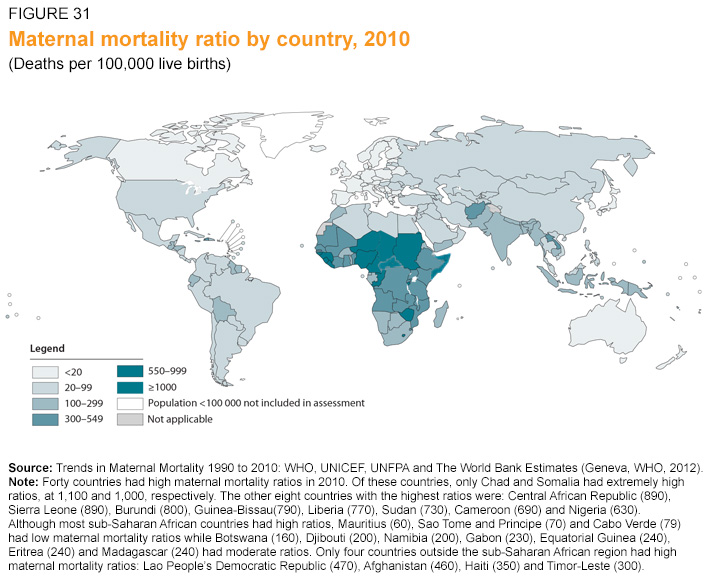Unemployed and Struggling
Farid is very frustrated. The young college graduate hasn’t been able to find employment despite his education. Even though he is thankful to his father for supporting him, he hates not being able to help out his family financially. Farid is ready to create his own independent life. In the Middle Eastern country where he lives, this is no easy task. The job market is challenging and finding work particularly in his field of study has been impossible.
“The challenge of providing decent work to young people is a concern for both industrialized and developing countries. Of the estimated 197 million unemployed people in 2012, nearly 40 per cent were between 15 and 24 years of age.”
It was around his 10th birthday that Farid decided he wanted to be a journalist, just as his mother was. She passed away while giving birth to him. Although he never knew his mother, she is a woman he admires unconditionally. He knows and feels close to her through her writing and when he is writing. As a little boy, he loved to interview people. He’d practice his reporting on his father, pretending he was a politician, a doctor, a musician, and ask dozens of questions. He was like a detective people would say. Farid loved interviewing people on the street. He’d ask them about their day and would joke with them. According to his father, he is just like his mother. They both found it fun and exciting to discover the interesting details of a stranger’s life!
“Youth comprise nearly 40% of the 197 million people unemployed in 2012.”
Two years after he graduated from college, Farid is still struggling to find a job within the field he studied. Like many of his classmates and young people around the world, Farid is scrambling now to find any kind of work. He and other young people are hungry for whatever paying position they can get, even if it doesn’t match their education level, skills or interests.
“Up to 60% of young people in developing regions are neither working nor in school, or are engaged in irregular employment.”
Farid is considered lucky by many of his peers. He is working part-time as a cashier at a pharmacy. Lucky or not, this is not sustainable. The pharmacy is pretty far away from his home, so he must spend extra money and time on the commute. He’s essentially put aside his big ideas and ambitious imagination so he can focus just on earning a living wage. Because he is unable to utilize his skills and knowledge, Farid feels stifled, and that his potential is limited. Farid’s father, Najeeb, feels heavy-hearted about his son’s predicament. This is not the life he and his wife had envisioned for their child. He didn’t struggle for Farid to go to university and pursue his dreams only to work behind a counter. They discuss the idea of Farid going back to school to get an education within a field that is always hiring. While not ideal, they consider that Farid may have to seek employment in another country. Farid’s big dream was to work in Africa as a journalist covering global health issues, so serving hands-on as a nurse could allow him a version of that opportunity. After all, he can still write about the experiences! Thinking in these terms is both scary and exciting. The reality is that for Farid to access better opportunities, he will have to be away from his father, from his friends, from the life he has always known.
“The economy will need to create over 600 million productive jobs over the next decade in order to absorb people who are currently unemployed.”
Changing his career path and going back to school is a big decision. But it is one that could improve his future and his father’s. Another of Farid’s dreams is to buy his father a little cottage on the beach, since Najeeb met Farid’s mother, Aaminah, on the beach. Before he was born, they would spend holidays at the beach.







